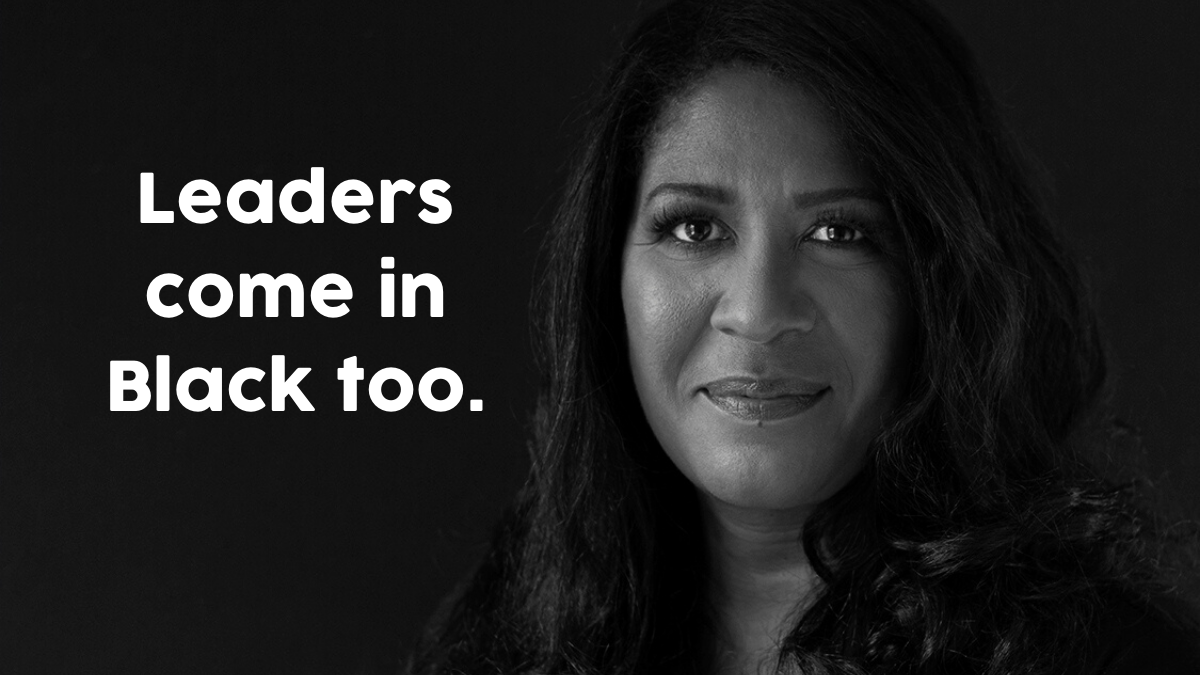Uncomfortable conversations! I’ve heard this phrase a lot over the past weeks. Persons having uncomfortable conversations about race and racism. I say persons, as this conversation isn’t exclusively uncomfortable for White people, it’s uncomfortable for Black people too.
For years White people have ignored the issue and for years Black people have lived with being ignored. I am 55 years old and have dealt with racism as far back as my memory will take me. Growing up in “multi cultural” Britain in the 70s/80s I can still vividly recall the racism — it was hard not to.
Black faces, white spaces!
My career started in telesales and most of my leadership career was spent in the call center industry. I quickly realized that I’d have to advocate for myself in order to progress, but also do so in the non-stereotypical “angry black woman” way! So I developed a “white voice” which in turn exposed me to covert racism.
- I recall my blond, blue-eyed colleague being mistaken for me after making tele appointments and attending the meeting in person.
- The failed attempts to hide surprise when persons realized that I was the one in charge.
- Being told by a client that he sold guns to “shoot kaffirs” during a sales call.
- Attending leadership conferences and being the only black face in the room.
- Playing spot the other black person at meetings and so much more.
Sometimes, I revealed my blackness by slipping into patois/dialect to express myself, and on seeing the surprised faces I explained that I was bilingual and believed in cross-cultural education! The annoying thing was being asked to do my “Black” voice again as persons couldn’t believe that such a well spoken woman could speak that way.
I’ve been a minority Black leader leading a team of White people and I’ve been a minority Black leader with an all White Board — racism abounds no matter the position.
Will my cynicism be dis-proved?
We’ve witnessed major corporations proclaim their support for “Blackness” and how they abhor racial injustice with their 99% if not 100% all White Boards.
Further supported by tomes of articles targeted at White leaders with Black employees on how they can be more inclusive. This is grating as it overlooks Black leaders who have faced the odds to lead in a predominantly white space. There’s an unspoken assumption that the conversation doesn’t include or impact them, how incorrect you are!
My guess would be, is that their team have uncomfortable questions or are hopefully holding a mirror up to themselves with zero answers. So calling on my own experiences and colleagues who are leading white employees in the current climate, we devised these pointers to approaching this necessary conversation.
- You don’t have to call a meeting to discuss racism but be prepared to discuss it if your team wants to talk about it.
- Brace yourself for blank faces and the “but I’m not racist”, “I don’t see colour” or “I can’t be racist because I have black friends/family” comments.
- Don’t feel you need to be the expert, just because you are Black — you are not “racism Google”. You can share your own experiences and point persons to resources that can educate them.
- Conversely, don’t get drawn into arguments — remember, you can’t change their beliefs; they have to do that for themselves.
- Use your experience to try to better understand the barriers to access for other black employees.
- Be yourself, embrace your culture as that is who you are and this shouldn’t be denied.
- Speak to HR to find out how committed they are to Diversity inclusion and if ‘unconscious bias training’ within the organisation exists now or is it likely to exist in the future.
- Appreciate and accept the experiences of others as valid since no two experiences will be the same.
- Knowing the signs of racism is something we can all relate to but how do you call it out? Does it rely on your ‘lone’ voice which, let’s face it, is a difficult place to be, can you seek support from HR or management? Know your options and the process!
- Don’t misrepresent your situation. Not all issues will be as a result of systemic racism. Check yourself; are you doing the basics right i.e. on time for work/meetings, walking the walk as well as talking the talk, non biased decision making etc. Get these things wrong and there will be issues no matter what your color.
- Choose how you respond to naive questions about your culture or heritage, whilst ignorance is no excuse the idea is to educate not alienate!
For the sake of my Boys — who as adult men, society sees as a threat. For my Grandson, who if things continue will experience the same attitudes I have for fifty years. I really hope to have my cynicism corrected in my lifetime because this ish is hard.
Janice Sutherland is an award winning women’s leadership expert and founder of This Woman Can an online community for professional women. She provides coaching and training specializing in helping women and organizations build leadership skills through Executive Mentorship, Leadership Training and Executive Team Facilitation for both corporate executives and entrepreneurs globally. She is a sought after keynote presenter for corporate and nonprofit environments and speaks on issues relating to leadership, women’s advancement, professional success and work/life alignment. For more details, visit www.janicesutherland.com


